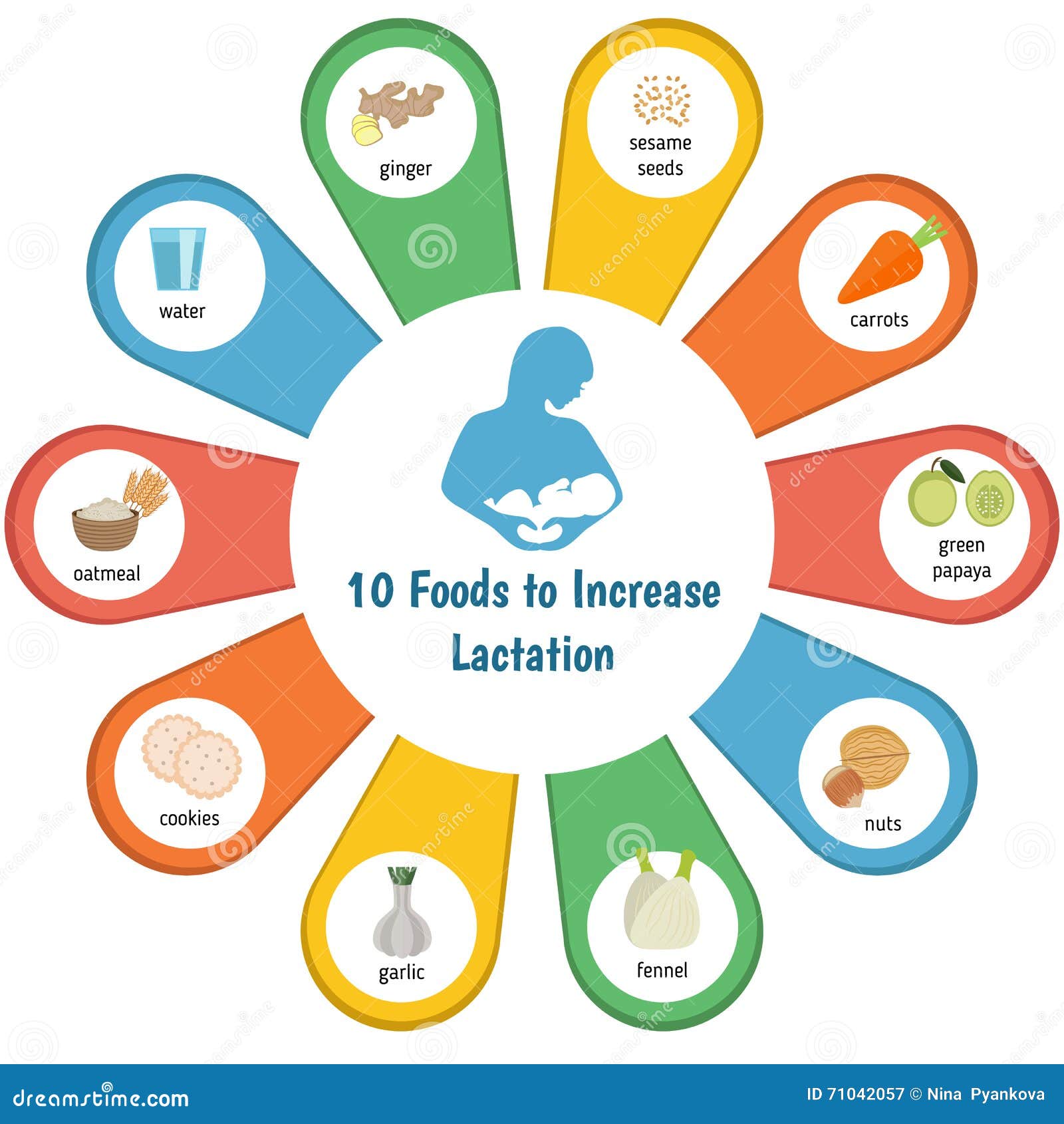
Introduction:
For breastfeeding mothers, maintaining an abundant milk supply is a common concern. While many factors contribute to lactation, including proper hydration and nursing frequency, certain foods are believed to support and boost milk production. Let’s explore these lactation-boosting foods.
Oats for Milk-Boosting Energy:
Oats have long been celebrated for their potential to support lactation. They are a rich source of iron, which is crucial for postpartum recovery, and their complex carbohydrates provide sustained energy. Including oatmeal or incorporating oats into smoothies and snacks can be a tasty way to enhance lactation.
Fenugreek Seeds for Increased Milk Flow:
Fenugreek is an herb commonly used in traditional medicine to stimulate milk production. It contains compounds that are believed to mimic the effects of estrogen, a hormone involved in lactation. Fenugreek seeds can be consumed in various forms, such as tea or as a supplement, to potentially boost milk supply.
Dark Leafy Greens for Nutrient-Rich Milk:
Dark leafy greens, including spinach and kale, are packed with essential nutrients such as iron, calcium, and folate. These nutrients not only contribute to the overall health of both mother and baby but may also support lactation. Incorporating these greens into salads, smoothies, or cooked dishes adds nutritional value to the breastfeeding diet.
Fennel Seeds for Lactation Support:
Fennel is a versatile herb known for its potential to support lactation. Fennel seeds, in particular, are believed to have galactagogue properties, promoting the production of breast milk. Including fennel seeds in teas or adding them to recipes can be a flavorful way to incorporate this lactation-boosting herb.
Nuts and Seeds for Healthy Fats:
Nuts and seeds, such as almonds, flaxseeds, and chia seeds, are rich in healthy fats, including omega-3 fatty acids. These fats are essential for the development of the baby’s brain and eyes and may contribute to lactation. Snacking on a handful of nuts or incorporating seeds into meals can provide these beneficial fats.
Garlic for Flavorful Lactation Support:
Garlic is not only a flavorful addition to meals but is also believed to have lactogenic properties. While the evidence is anecdotal, some breastfeeding mothers incorporate garlic into their diets to potentially boost milk production. Adding garlic to savory dishes is an easy way to include it in your meals.
Legumes for Protein and Nutrients:
Legumes, such as lentils, chickpeas, and black beans, are excellent sources of plant-based protein and essential nutrients. These nutrient-dense foods contribute to overall health and may support lactation. Including legumes in soups, stews, or salads provides a tasty and nutritious boost to your breastfeeding diet.
Brewer’s Yeast for B-Vitamins:
Brewer’s yeast is a nutritional supplement that is often recommended to breastfeeding mothers for its high B-vitamin content, particularly B12. These vitamins are essential for energy production and may play a role in lactation. Brewer’s yeast can be added to smoothies or incorporated into recipes for a nutritional boost.
Water for Hydration and Milk Supply:
Staying well-hydrated is crucial for lactation. While not a food, water is a vital component of a breastfeeding mother’s diet. Dehydration can impact milk supply, so it’s important to drink plenty of water throughout the day. Herbal teas and infused water can add variety to your hydration routine.
Individual Considerations and Professional Advice:
While these foods are commonly associated with supporting lactation, it’s essential to recognize that individual responses may vary. Some women may find these foods beneficial, while others may not experience a significant impact. Additionally, consulting with a healthcare professional or a lactation consultant is advisable for personalized advice based on specific health conditions and needs.
For more detailed insights into foods that may boost lactation, you can explore additional resources here.


